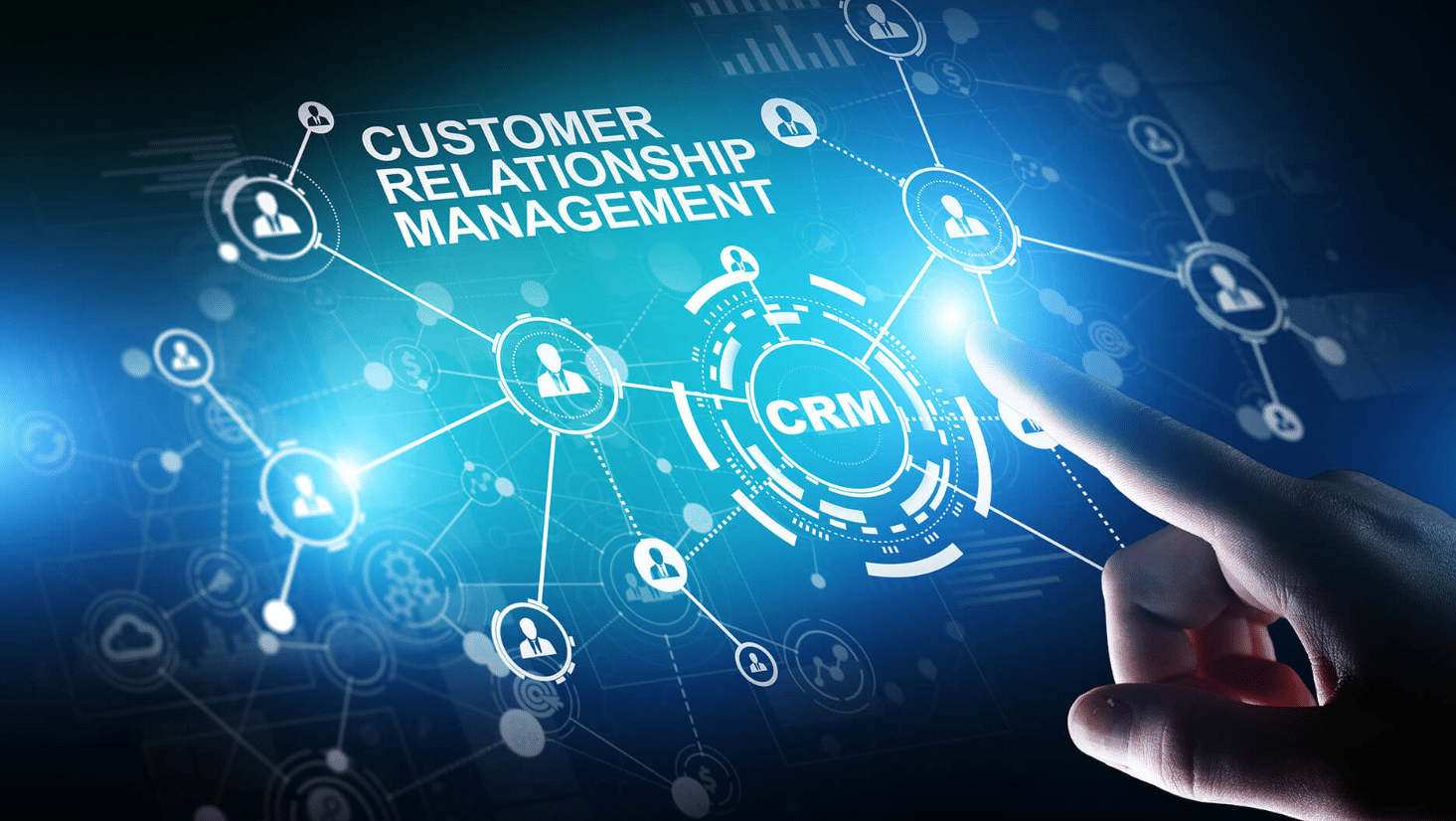Mastering the Art of Customer Relationships – Customer Relationship Management (CRM) transcends the realm of mere software; it’s an art form dedicated to comprehending, engaging, and enchanting customers at every juncture of their association with a business. This in-depth exploration ventures into CRM’s essence, dissecting its definition, core attributes, advantages, and the strategic navigation of customer bonds for enduring business growth.
Mastering the Art of Customer Relationships
The CRM Philosophy: Fostering Robust Customer Ties
At the heart of CRM lies a strategic blueprint focused on cultivating robust customer ties. While CRM software is instrumental in this quest, the holistic, customer-first philosophy truly encapsulates the CRM ethos.
Pillars of Potent CRM Frameworks
- Unified Customer Data Nexus: Centralizing customer data is a cornerstone of CRM. It provides businesses with a singular lens through which to view customer interactions, thereby sculpting personalized experiences with finesse.
- Workflow Automation: CRM is the maestro of process orchestration, ensuring that automated workflows conduct the symphony of customer engagements without missing a beat, thus ensuring uniformity and operational agility.
- All-Encompassing Customer Insights: A robust CRM strategy endows businesses with an all-encompassing gaze into their customers’ world, encompassing historical interactions, preferences, and feedback, thus equipping businesses with the foresight to fulfill and foresee customer desires.
- Harmonious System Integration: To achieve operational fluidity, CRM systems must meld seamlessly with other business platforms, from marketing automation to sales and support tools, crafting a unified front in customer engagement.
The Boons of Embracing CRM Methodologies
- Elevated Customer Retention: By delving into customer preferences, businesses can curate experiences that resonate on a personal level, thereby nurturing loyalty and forging enduring connections.
- Refined Customer Dialogues: Effective dialogue is the lifeblood of customer relationships. CRM empowers businesses to converse with customers across many channels, delivering timely and pertinent exchanges that enrich the customer narrative.
- Sales Process Refinement: CRM sharpens the sales apparatus by shedding light on customer behavior and preferences, enabling sales maestros to fine-tune their approaches and seal deals more effectively.
- Strategic Decisions Fueled by Data: Data-driven understanding is the bedrock of sound CRM strategies. Armed with customer intelligence, businesses can chart strategic courses that resonate with customer expectations, propelling growth and prosperity.
The CRM Odyssey: A Tactical Guide to Implementation
- Charting Objectives: Begin by etching out your CRM aspirations, elevating customer contentment, boosting sales, or streamlining workflows. Defined objectives illuminate the path to implementation.
- Selecting the Ideal CRM Software: The quest for the perfect CRM software demands careful contemplation of scalability, user-friendliness, and integration prowess. The chosen software should harmonize with your business’s ambitions and trajectory.
- Data Migration and Ecosystem Integration: Transition gracefully by transferring customer data to the new CRM haven. Integrate the CRM with other pivotal tools to amplify its influence on the business ecosystem.
- Cultivating Team Proficiency: The triumph of CRM adoption hinges on team engagement. Deliver comprehensive training to ensure that departments across the board wield the CRM with skill and understanding.
- Perpetual Strategy Enhancement: Continually refine your CRM strategy, attuned to customer feedback and ready to evolve processes. Embrace novel features and integrations that elevate the CRM experience to new heights.
Dispelling CRM Myths: A Modern Perspective
CRM: A Versatile Tool for All Business Sizes
The notion that CRM is the exclusive domain of large corporations is a myth ripe for debunking. Today’s CRM solutions are designed with scalability at their core, making them an ideal fit for businesses ranging from nimble startups to expansive enterprises.
CRM: The Multifaceted Business Enhancer
Far from being just a sales enhancer, CRM’s capabilities span the entire business spectrum. It is a nexus for marketing, customer service, and even product development, offering valuable insights that drive holistic growth.
CRM Implementation: Streamlined and Accessible
Gone are the days when CRM implementation was seen as a daunting, resource-intensive process. With the advent of cloud-based solutions and strategic planning, deploying CRM can be time-efficient and cost-effective.
On the Horizon: The Future of CRM Strategies
- AI-Driven Customization: Artificial Intelligence (AI) fusion with CRM systems is set to revolutionize personalization, enabling businesses to anticipate customer needs and craft experiences with unprecedented precision.
- Unified Customer Engagement: Tomorrow’s CRM promises a seamless experience across all customer interaction channels. Businesses are gearing up to ensure consistent, impactful online or offline engagement.
- Prioritizing Data Privacy: In an era where data privacy is paramount, businesses are focusing on securing customer data within CRM systems, ensuring trust and compliance are at the forefront.
In Conclusion: CRM as the Business Compass
In the commercial landscape, the value of customer relationships cannot be overstated. When wielded effectively, CRM strategies become the guiding compass for businesses, steering them through the complex terrain of customer engagement. CRM transcends its software identity to embody a philosophy of deep understanding, meaningful engagement, and sustained growth alongside customers. This comprehensive CRM guide is more than just a manual; it’s a beacon for businesses ready to excel in the dynamic dance of customer relationships.
FAQs
1. Is CRM only suitable for large businesses?
- No, CRM is adaptable to businesses of all sizes. Modern CRM solutions offer scalability to meet the needs of small and medium-sized enterprises.
2. Is CRM implementation time-consuming and costly?
- Not necessarily. With careful planning and the availability of cloud-based solutions, CRM implementation can be efficient and cost-effective.
3. What are the key features of effective CRM strategies?
- Effective CRM strategies include centralizing customer data, automating workflows, offering a 360-degree customer view, and integrating with other business systems.
4. How does CRM contribute to improved customer retention?
- CRM strategies foster loyalty and satisfaction by understanding customer needs and providing personalized experiences, which contributes to improved customer retention.
5. What are the future trends in CRM strategies?
- Future trends include AI-powered personalization, cross-channel customer engagement, and a greater emphasis on customer data privacy.

